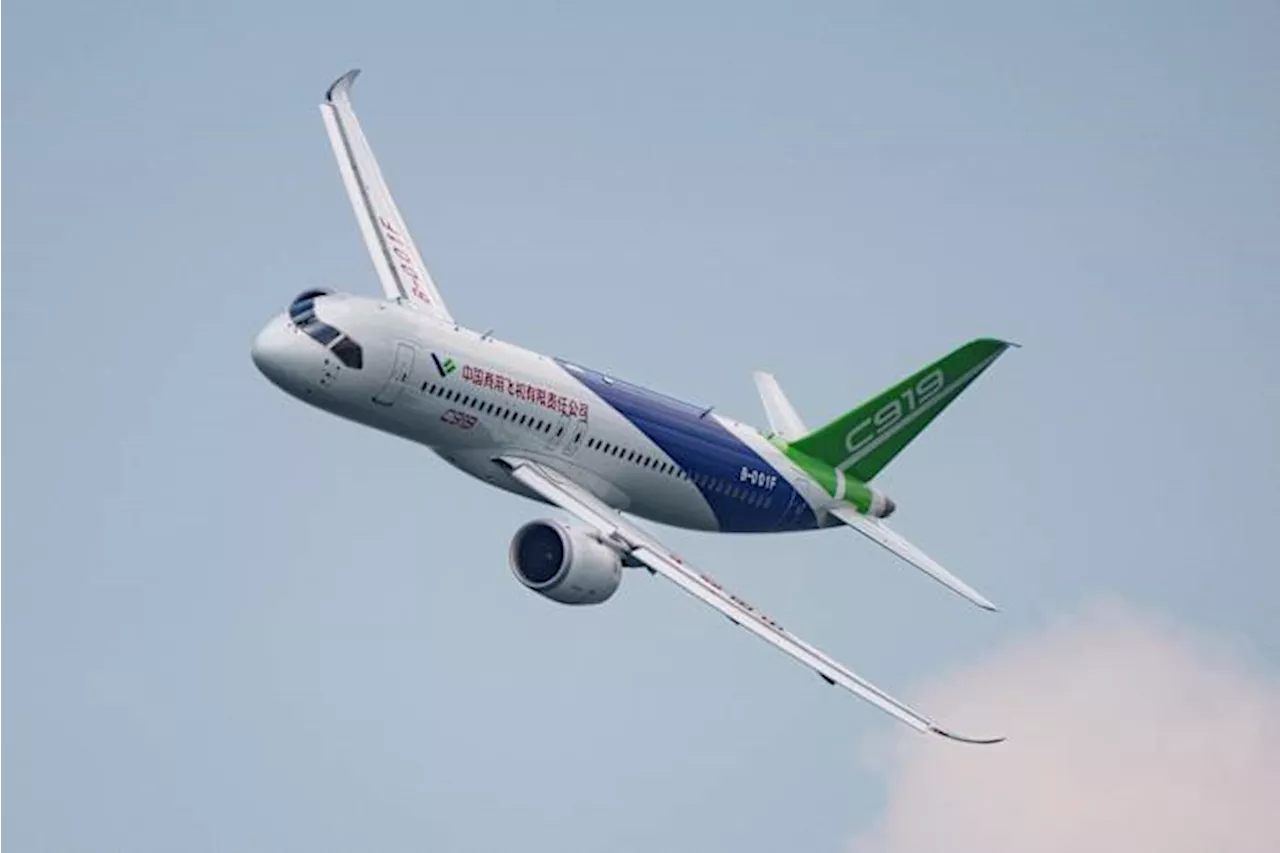China and the Association of Southeast Asian Nations (ASEAN) have officially signed an upgraded free trade agreement, known as ACFTA 3.0, during a summit in Kuala Lumpur on March 15, 2024. This agreement aims to strengthen economic cooperation among the member states and counteract rising protectionist measures globally.
Chinese Premier Li Qiang highlighted the significance of this move, asserting that it represents a recognition of China’s increasing influence in Southeast Asia. He stated that the upgraded agreement would foster “enhanced bilateral economic and trade cooperation” at a time when many countries, including those in ASEAN, face challenges from high tariffs imposed by external forces, a clear reference to previous trade policies under former U.S. President Donald Trump.
Key Features of ACFTA 3.0
The ACFTA 3.0 agreement introduces several provisions that reflect a commitment to modern economic challenges, including significant focus on green energy initiatives and collaboration on electric vehicle (EV) standards. As China leads in manufacturing solar panels, electric vehicles, and batteries, these provisions are seen as a major win for its economy. The agreement is designed to promote joint regulatory standards for EVs, which could favor China’s growing industry in this sector.
The Chinese Ministry of Commerce described the upgraded agreement as crucial for injecting confidence and momentum into both regional and global economic growth. The ministry emphasized that this collaboration serves as a vital example for countries aiming to resist protectionism and unilateral trade measures.
Regional Reactions and Concerns
The reaction to the agreement has been mixed among ASEAN member countries. While some leaders have welcomed the enhanced economic ties with China, others express concerns regarding China’s assertive actions in the South China Sea. Ferdinand Marcos, Jr., the President of the Philippines, acknowledged the potential benefits of the upgraded trade pact but stressed the need for China to engage in meaningful cooperation regarding territorial disputes in the region.
Marcos criticized China for its continued territorial claims and recent aggressive actions, including a confrontation involving a Philippine fishing vessel in the Spratly Islands. He described these actions as “dangerous” and reiterated that they undermine international law and the Philippines’ sovereignty.
Malaysian Prime Minister Anwar Ibrahim expressed optimism about the agreement, noting the importance of maintaining steady engagement with both China and the United States. He remarked on the significance of Kuala Lumpur hosting leaders from both nations, reinforcing ASEAN’s central role in regional diplomacy.
As the geopolitical landscape continues to evolve, the implications of the ACFTA 3.0 agreement will be closely monitored, particularly regarding its impact on trade dynamics and regional stability in Southeast Asia. The outcomes of this agreement could shape the future of economic collaboration in the region and beyond, especially in the context of ongoing tensions and competing interests among global powers.







